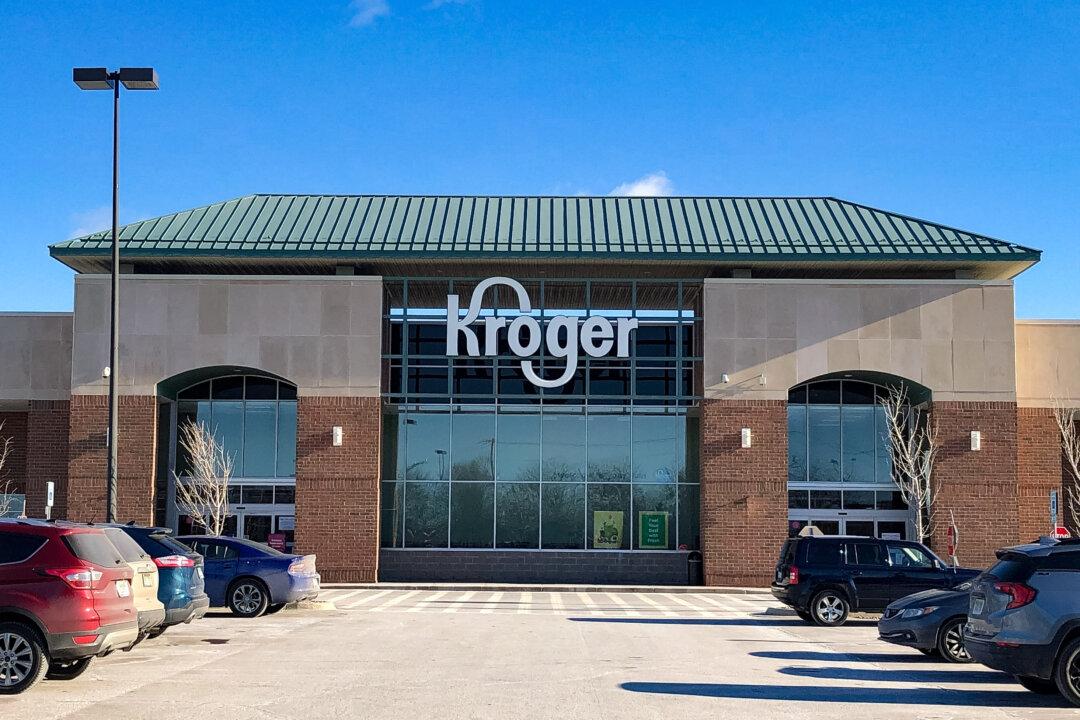A federal judge on Aug. 6 tossed a lawsuit from a consumer who sued Kroger after learning their “farm fresh eggs” came from hens that live in cages and do not go outside.
Kroger’s labeling of the eggs does not violate the Illinois Consumer Fraud and Deceptive Business Practices Act, which bars misrepresenting material facts and engaging in deceptive business practices, U.S. District Judge Charles P. Kocoras said in a 13-page ruling.





